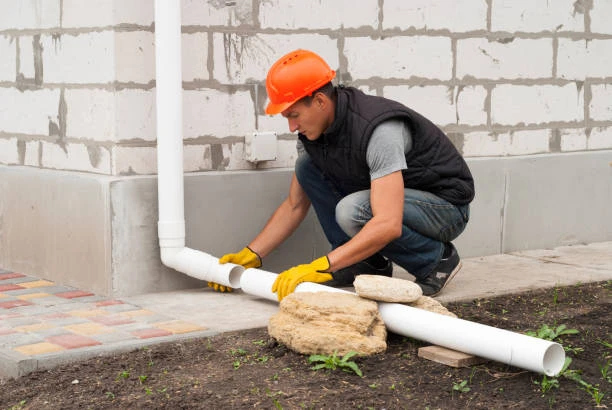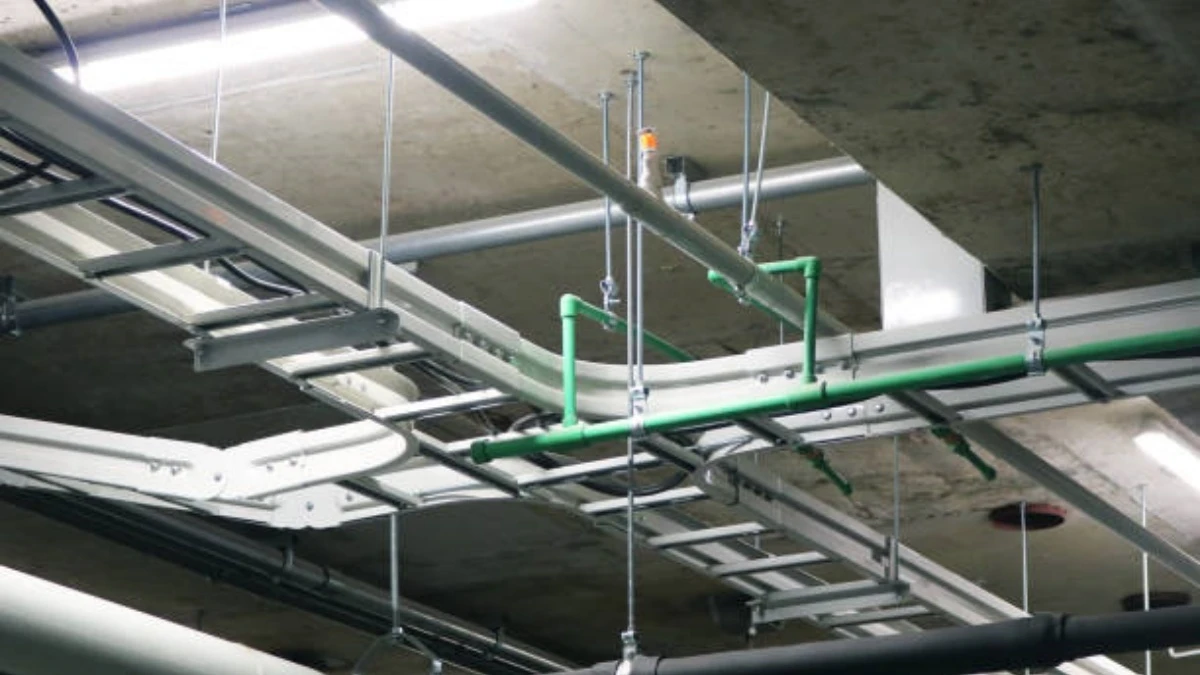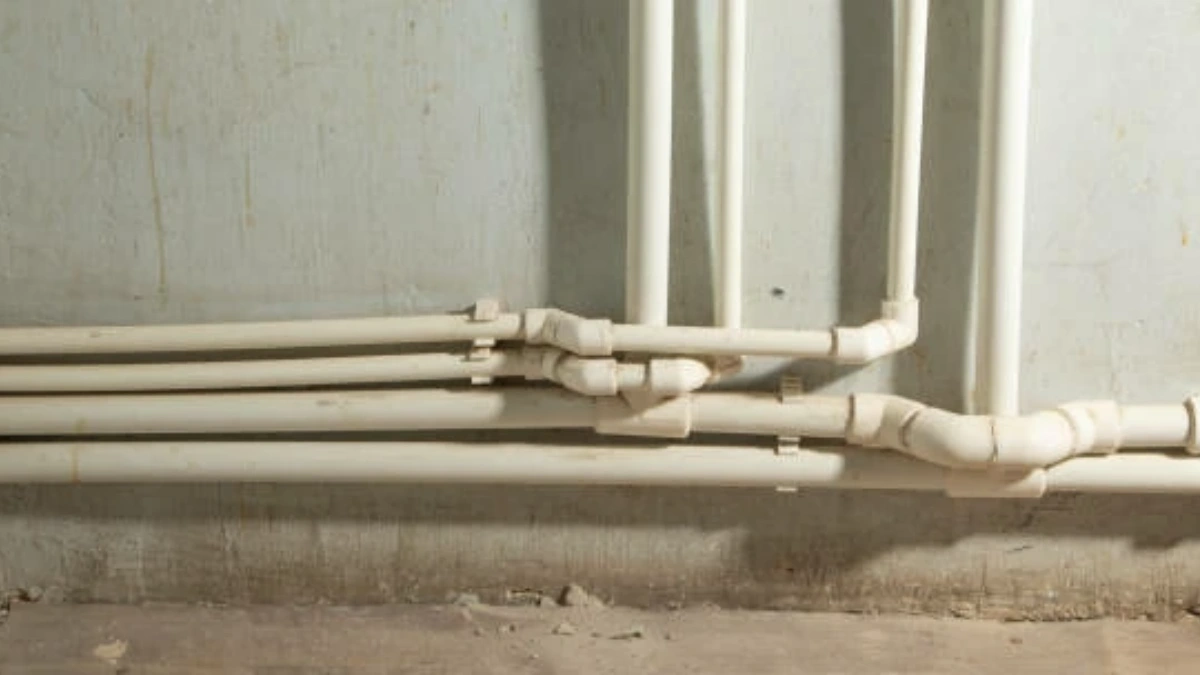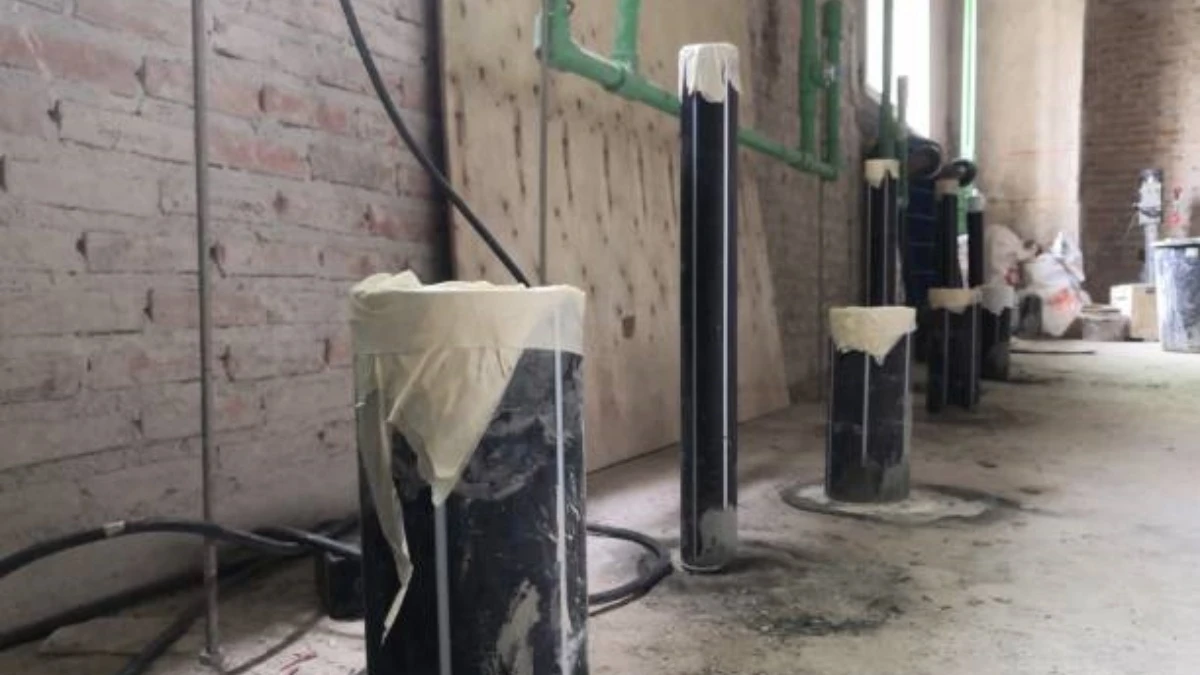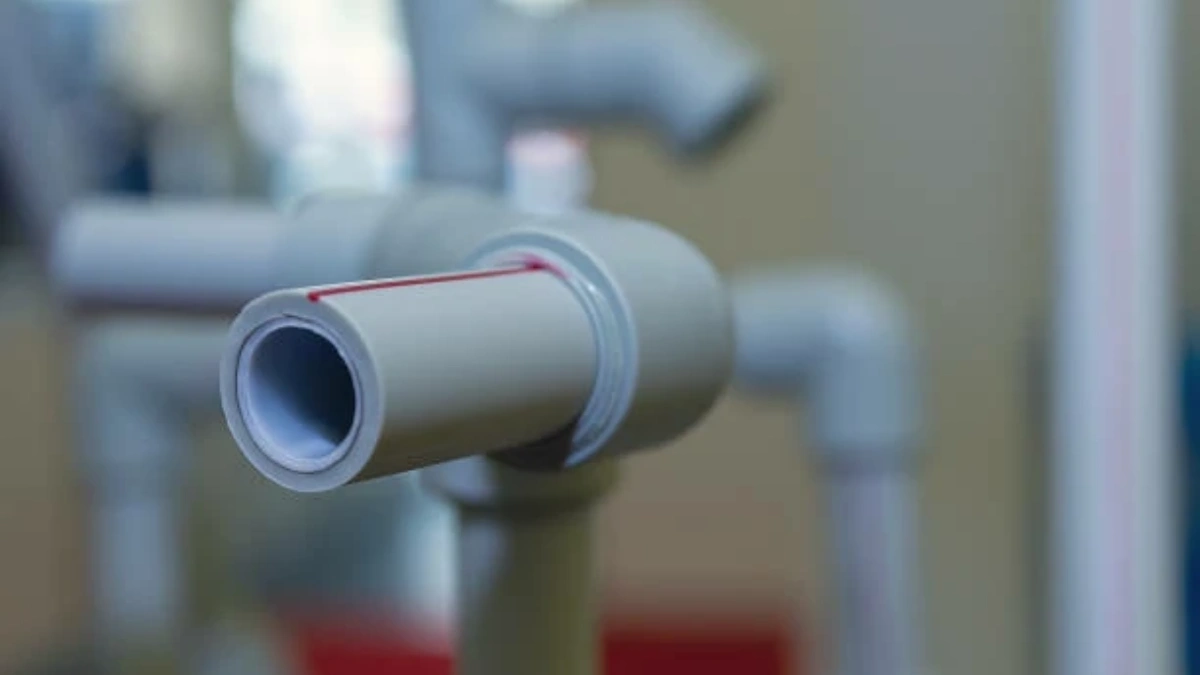Introduction
In today’s world, the durability and longevity of infrastructure are paramount. One of the critical components in ensuring this durability is the use of anti-corrosion pipes and fittings. Corrosion is a natural process that deteriorates materials, leading to structural failures and costly repairs. This article delves into the significance, types, applications, and benefits of anti-corrosion pipes and fittings, along with answering some frequently asked questions.
Understanding Corrosion and Its Impact
Corrosion refers to the gradual destruction of materials, usually metals, due to chemical reactions with their environment. In pipes and fittings, corrosion can lead to leaks, breaks, and the failure of entire systems. The costs associated with repairing or replacing corroded pipes can be significant, not to mention the potential safety hazards.
The Importance of Anti-Corrosion Solutions
Using anti-corrosion pipes and fittings is essential for several reasons:
- Increased Lifespan: These materials are designed to resist corrosion, significantly extending the lifespan of infrastructure.
- Cost Efficiency: While the initial investment may be higher, the long-term savings from reduced maintenance and replacement costs are considerable.
- Safety: Preventing corrosion helps ensure the safety of the systems in which these pipes and fittings are used.
- Environmental Protection: Corrosion can lead to leaks that may contaminate soil and water. Anti-corrosion solutions help minimize these risks.
Types of Anti-Corrosion Pipes and Fittings
There are several types of anti-corrosion pipes and fittings available in the market, each designed for specific applications and environments.
1. Polyvinyl Chloride (PVC) Pipes
PVC pipes are widely used in various applications due to their excellent resistance to corrosion, chemicals, and moisture. They are lightweight, easy to install, and cost-effective.
2. Fiberglass Reinforced Plastic (FRP) Pipes
FRP pipes combine fiberglass and resin, offering superior strength and resistance to corrosive environments. They are commonly used in industrial applications where chemical exposure is a concern.
3. Stainless Steel Pipes
Stainless steel pipes, particularly those made from 316L or 304 grades, are resistant to corrosion and are ideal for both residential and industrial applications. Their longevity and strength make them a popular choice for many projects.
4. Galvanized Steel Pipes
Galvanized steel pipes are coated with zinc to prevent rusting. They are commonly used in plumbing and other water-related applications. However, over time, the zinc coating can wear off, leading to potential corrosion.
5. Copper Pipes
Copper pipes offer excellent resistance to corrosion and have natural antimicrobial properties. They are often used in plumbing systems and HVAC applications.
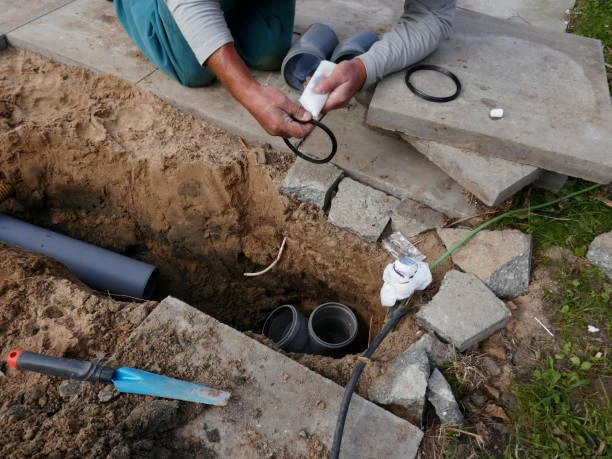
Applications of Anti-Corrosion Pipes and Fittings
Anti-corrosion pipes and fittings find applications in various sectors, including:
1. Water Supply Systems
Ensuring the integrity of water supply systems is critical. Anti-corrosion materials help maintain clean and safe drinking water.
2. Industrial Processes
In industries where chemicals are prevalent, anti-corrosion pipes and fittings are essential for ensuring safety and efficiency.
3. Oil and Gas
The oil and gas industry often operates in highly corrosive environments, making anti-corrosion solutions vital for the longevity of infrastructure.
4. Wastewater Management
Corrosion-resistant materials are crucial in wastewater management systems to prevent leaks and environmental contamination.
5. Marine Applications
Pipes and fittings used in marine environments must withstand saltwater corrosion, making anti-corrosion materials indispensable.
Benefits of Using Anti-Corrosion Pipes and Fittings
1. Longevity
The primary advantage of anti-corrosion pipe and fittings is their ability to resist degradation over time, resulting in a longer lifespan for infrastructure.
2. Reduced Maintenance Costs
With lower rates of corrosion, the need for frequent repairs and maintenance is significantly reduced, leading to cost savings.
3. Enhanced Safety
By preventing leaks and failures, anti-corrosion materials contribute to safer systems, reducing the risk of accidents.
4. Environmental Sustainability
Corrosion can lead to environmental hazards. Using anti-corrosion materials helps protect ecosystems by minimizing leaks and contamination.
5. Versatility
You can use anti-corrosion pipe and fittings in various applications, from residential plumbing to industrial processes, providing flexibility for different needs.
Selecting the Right Anti-Corrosion Pipes and Fittings
When selecting anti-corrosion pipes and fittings, consider the following factors:
1. Material Compatibility
Ensure that the selected materials are compatible with the fluids they will carry. Different chemicals may require specific types of anti-corrosion materials.
2. Environmental Conditions
Consider the environmental conditions, such as temperature, humidity, and exposure to chemicals, where you will install the pipes and fittings.
3. Cost Considerations
Evaluate the total cost of ownership, including initial costs, maintenance, and replacement costs over the lifespan of the materials.
4. Regulatory Compliance
Ensure that the selected materials meet local regulations and standards for safety and environmental protection.
5. Manufacturer Reputation
Choose products from reputable manufacturers known for quality and reliability in anti-corrosion solutions.
Conclusion
Investing in anti-corrosion pipes and fittings is essential for ensuring the durability and longevity of infrastructure. With a variety of materials available, understanding their properties and applications can help you make informed decisions for your projects. By prioritizing anti-corrosion solutions, you can reduce maintenance costs, enhance safety, and protect the environment.
Frequently Asked Questions (FAQs)
- What are anti-corrosion pipe and fittings? Anti-corrosion pipes and fittings are specially designed materials that resist degradation due to chemical reactions with their environment.
- Why is corrosion a problem in pipes? Corrosion can lead to leaks, structural failures, and costly repairs, posing safety hazards in various applications.
- What materials are commonly used for anti-corrosion pipes? Common materials include PVC, FRP, stainless steel, galvanized steel, and copper.
- How do I choose the right anti-corrosion pipes for my project? Consider factors like material compatibility, environmental conditions, cost, regulatory compliance, and manufacturer reputation.
- Are anti-corrosion pipes worth the investment? Yes, they provide long-term savings by reducing maintenance costs and enhancing safety, making them a wise investment for infrastructure projects.
